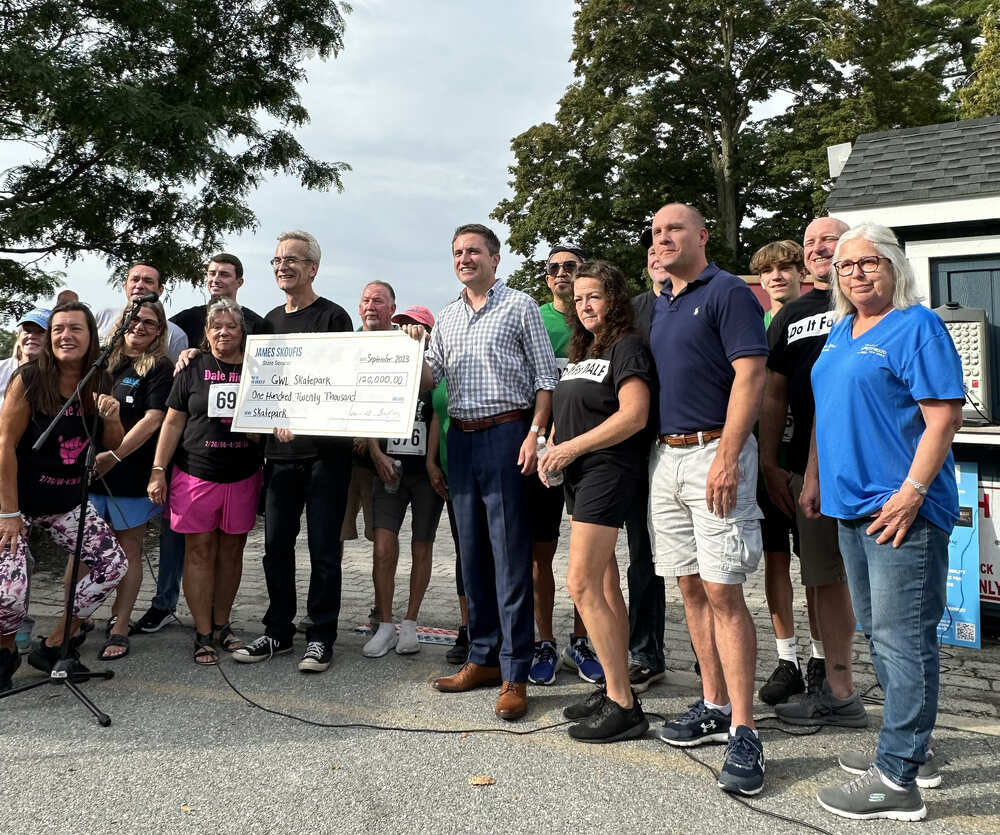By Stephen Morris
The game of soccer has been a great democratizing force in the world, I will concede. No expensive ice skates, padded gloves or helmets are needed. Because only a flat grass field and a ball are required, first and third-world players can meet at the World Cup tournament without having had material or economic advantages. Indeed, soccer’s popularity is witnessed in nearly every corner of the world. It is played both here, in the suburbs of New York City, and on the mountain plateaus of Bhutan. That, I suppose, is something worth pointing out.
However, there is an unsavory aspect to professional soccer, something which makes me want to raise the biggest, reddest card I can find. You’ve asked me why my friends purposefully forget to call me up during this World Cup season, and so I’ll tell you (In fact, I’ve been uninvited from joining them at the sports bar, going back to when Arsenal faced Manchester United, because I simply can’t keep this opinion to myself). My observation is this: professional soccer players are equal parts “athlete” and “actor.”
Pay attention to the slow motion, instant replay of a foul: Watch as the player who is losing advantage throws his hands in the air and cries out, as if in great physical pain. Witness as he buckles over in mid-stride, as if a knife had been plunged into his guts. See him utterly die in the grass. Notice how his opponent, not to be outdone, throws his mouth wide open and exaggerates his own demise, as if he were a Shakespearean dramatist, a Lawrence Olivier of the sod, hamming it up for those in the cheap seats. “Alas poor Ronaldo, I knew him, Horatio!”
While professional hockey players happily pummel and bloody each other’s faces, and grin as they skate off to the penalty box, the professional soccer player’s mission is to fake nonexistent injuries. Pro soccer is a sport of false accusations, contrived to elicit advantage via penalties against the other team. The players are angling to possess the ball and garner a free kick on goal by deceiving the referee. Though this is what it is, it wouldn’t bother me so except that sports should be a form of entertainment and escape, and we have enough of this sort of disingenuous behavior in the real world already.
Well, what constitutes advantage and privilege off of the soccer field? Could it be professional or academic advancement, without merit? Might it be immunity from criticism for one’s bad behavior? Perhaps it is the power to have people fired, deplatformed and canceled? Is modern privilege the license to shut down and control speech? Does this advantage allow people to label and slander others and then hide behind a convenient “victim” status? Does it allow one to defame others while claiming to be “anti-defamation?” The questions are rhetorical because the answer is plain to all of us.
Who, we should ask, does not get a free kick on goal in the outside world? Contrary to the narrative, White Christians are observably at the very bottom of the privilege totem pole, the lowest and most maligned people in the modern American caste system. Today’s cultural institutions have become palpably defamatory to people of European, Christian heritage. From the silver screen to the public school classroom, this group is the villain of history. Their tremendous achievements are minimized if not altogether ignored. They are the only people allowed to be negatively labeled as “supremacists,” “racists” and “oppressors.” And this, we should not be surprised, has taken its toll on America’s White children.
In the soccer game of life, where privilege is conferred on what “victimized” group one can claim to belong to, White children are finding refuge in the only “victim” status available to them. They are desperate to make the game feel fair, to “level the playing field.” In this we can come to understand the “transgender” phenomena cropping up all over the nation. For a White child that has passively absorbed this continual cultural abuse, who has unconsciously come to understand that there is a hierarchy, in which they are on the bottom, the temptation to grab at any advantage must be unbearably attractive.
Our culture says to these children “If you do this, you will be ‘special.’ You will be called ‘brave,’ maybe for the first time in your life. The adult world will pay attention to you and will walk on eggshells around you. You may demand that others use the pronouns you decide on. You will have the power to compel speech. You can get teachers fired if they don’t participate in your new idea of yourself. You are now an ‘oppressed’ group, with all the powerful advantages other groups have. Just declare yourself ‘Trans’ and all this can be yours.” The offer is both sinister and seductive.
After the soccer players fall to the ground and give their “best male actor in a sports drama” performance, and the referee determines who the offending party was, the players then shake out their broken limbs only to discover, miraculously, that they are perfectly fine and ready to run around the field some more. It was, in fact, all a farce. “Scene two, take one, and ‘action!’” However, for the many “trans” children who were convinced to surgically alter their bodies, there is no “walking it off.” The consequences of the “gender affirming” sexual reassignment surgeries that they are encouraged to undergo do not, in the end, include better mental health.
Bio-ethicis researcher Ryan T. Anderson, Ph.D writes “The most thorough follow-up of sex-reassigned people—extending over 30 years and conducted in Sweden, where the culture is strongly supportive of the transgendered—documents their lifelong mental unrest. Ten to 15 years after surgical reassignment, the suicide rate of those who had undergone sex-reassignment surgery rose to 20 times that of comparable peers.”
Do I really blame soccer for this? No. However, what disturbs me about the behavior of professional soccer athletes is that they reflect our broken culture back to us all too accurately. Our society has come to give advantage to those who manipulate, deceive and fake injuries. The fallout from this incessant victim one upmanship in the real world is taking its toll on our most vulnerable population, our children. In order to compete and gain currency in the marketplace of invented grievances, and the power and privilege it elicits, many of our children are resorting to the most desperate of measures. These kids are not the problem and we should muster as much compassion and kindness for them as possible. They are simply struggling to place in the victim Olympics that is modern-day America.






